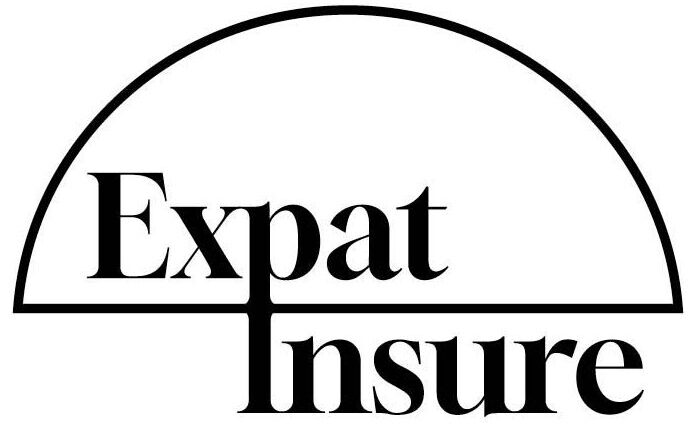Education Guide for Expats in
Curriculum for Expat Schools in Germany
For expatriate families in Germany, understanding the school curriculum is crucial for making informed educational choices. The curriculum varies significantly depending on the type of school selected—public, private, or international. Each type caters to different needs and offers distinct advantages for expat students.
Public Schools: Public schools in Germany follow a state-mandated curriculum that emphasizes a broad education across subjects such as German, mathematics, sciences, arts, and physical education. Language of instruction is predominantly German, with English and other foreign languages introduced at various stages. While public schools offer a high standard of education and immersion in the local culture and language, the language barrier can be challenging for non-German speaking children initially. Some public schools offer additional German language support to help non-native speakers catch up.
Private Schools: Private schools often provide alternative educational approaches (e.g., Montessori, Waldorf) and may have smaller class sizes and more personalized education. The curriculum in these schools may still adhere to state standards but is typically supplemented by additional offerings, especially in languages and extracurricular activities. Some private schools also offer bilingual instruction, making them an appealing option for families looking for a smoother linguistic transition.
International Schools: International schools are particularly popular among expats as they offer curricula from around the world, such as the International Baccalaureate (IB), British GCSEs and A-Levels, or the American Advanced Placement (AP) courses. These schools teach in English or other major languages and focus on providing a global educational experience. They facilitate easier transitions for students who may move between countries and need a consistent educational track. International schools also emphasize extracurricular activities that promote a well-rounded profile, crucial for college admissions worldwide.
Special Educational Needs: For expatriate families with children who have special educational needs, it’s essential to explore schools that offer tailored support services. International schools often have well-developed support systems, while some public and private schools are increasingly adapting their resources to cater to diverse learning requirements.
When selecting a school, expatriate parents should consider not only the curriculum but also how it aligns with their child’s future educational and career goals.
Cost of Education for Expats in Germany
The cost of education for expats in Germany varies greatly depending on the type of school you choose. Here’s a breakdown of what to expect:
-
Public Schools: Education at public schools in Germany is largely free of charge, as it is funded by the government. This includes not only tuition but often also textbooks and other learning materials. There may be minimal fees for extracurricular activities, school trips, or specific projects, but these costs are generally modest.
-
Private Schools: Private schools in Germany charge tuition, which can vary widely depending on the school’s location, prestige, and educational approach. Fees range from a few thousand euros to over twenty thousand euros per year. These schools often offer smaller class sizes, more personalized attention, and sometimes unique educational philosophies such as Montessori or Steiner (Waldorf) education.
-
International Schools: International schools generally have the highest tuition fees, reflecting their global curriculum standards such as the International Baccalaureate (IB), and facilities that often include advanced sports complexes, arts centers, and technology-equipped classrooms. Tuition fees can range from 10,000 to 30,000 euros per year or more. These schools cater predominantly to expatriate families, offering education in English or other major languages and maintaining consistency with educational systems from other countries.
Additional Costs:
Beyond tuition, families should also consider costs for uniforms (if required), transportation, school meals, and potentially additional fees for language courses, special educational needs support, and boarding facilities if the school is not local.
Higher Education for Expats in Germany
Germany offers a wealth of higher education opportunities, making it a popular destination for international students. With over 400 higher education institutions, including universities, universities of applied sciences (Fachhochschulen), and specialized art and music colleges, the choices can seem overwhelming.
Traditional Universities: Focus on academic research and offer a wide range of subjects. These are ideal for students interested in pursuing academic careers or research roles.
Universities of Applied Sciences (Fachhochschulen): Offer more practical and industry-oriented programs. These are suited for students looking to enter the workforce immediately after graduation in fields like engineering, business, or social sciences.
Specialized Colleges: Focus on specific fields such as art, music, or public administration, providing specialized and intensive training.
Further Considerations for Expats Studying at German Universities
-
Health Insurance: Health insurance is mandatory for all students in Germany. International students must either prove they have health insurance from their home country that is valid in Germany or purchase a German health insurance plan. For more information, visit this Insurance for Overseas Students page.
-
Visa and Residence Permit: Depending on your nationality, you may need a student visa to enter Germany. After arriving, you will also need to obtain a residence permit for the purpose of studying. This process involves registering with the local residents’ registration office and, in some cases, the foreigners’ registration office. For more information, visit this How to Get a Visa in Germany page.
Choosing the Right University in Germany
In conclusion, choosing the right university in Germany as an expatriate involves a balanced consideration of academic programs, practical needs, and personal preferences.
By thoroughly researching types of universities, study programs, and additional supports available, expats can find a suitable educational path that not only aligns with their career aspirations but also facilitates a smoother transition into German society.
